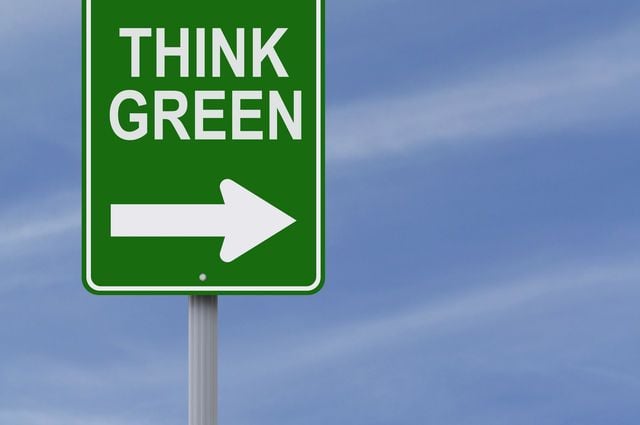The (Green) Recovery Imperative: Hospitality Re-Set Or Bouncing Forward?
15 experts shared their view
COVID-19 has exposed many of the weaknesses in our industry in terms of risk and hazard management, contingency, and resiliency plans but also in the way we blindly deal with our environment. Crises, as damaging as they may be, trigger opportunities in product, service, and systems innovations. Investing now in climate resilience is an enormous economic opportunity as governments and the industry are looking into economic recovery. From clean energy to carbon-neutral buildings and from farm to fork strategy, the hospitality industry has the unique opportunity to be at the core of this transition, helping to shape the transformation and leading to a new, sustainable post-COVID-19 normal. So is the industry ready and willing to bounce forward into a green recovery or rather bounce back to the pre-COVID-19 norm? What components and resources are necessary and how do we go about activating a 'green recovery' in hospitality?
Shared Commitment is Key to a Green Hospitality Recovery
More by force than by choice, the tourism industry is looking for reinvention. Nanotourism (Dekleva and Gregorič, 2014) – at the opposite of mass tourism - probably best describes the transition, which has taken place over the past few months to reboot local economies. Travelers (re)discovered local heritage and enjoyed nature-based destinations after months of lockdown. The short-term priorities of the hospitality industry are clear; cost-cutting measures (including a hard look at utility costs) and access to some liquidity (via governmental support programs, if available) to avoid the specter of large-scale insolvencies.
The green recovery imperative is based on the concept that both climate change mitigation and environmental protection should be prioritized to help economies recover. American economist and laureate Joseph Stiglitz recently argued that public spending on environmental and labor-intensive projects is essential for recovery and more efficient than tax cuts (Stiglitz, 2020). In recent research based on a thorough examination of the current crisis along with an analysis of hundreds of stimulus plans since the Global Financial Crisis, five policies have been identified which aims at climate change mitigation while offering clear positive economic impact: “clean physical infrastructure, building efficiency retrofits, investment in education and training, natural capital investment, and clean R&D” (Hepburn et al. 2020, p.3). In a depressed economy, it is essential to have a strong sustainable recovery plan to ensure that the private sector undertakes investments in clean technologies (which the sector will not do if no appropriate support is in place during those difficult times). Policymakers are called upon to create that framework that can ensure a transition of an entire sector toward low-carbon.
References:
Dekleva, A. and Gregorič, T. (2014). Nanotourism: Definition. https://nanotourism.org/definition
Hepburn, C., O'Callaghan, B., Stern, N., Stiglitz, J., and Zenghelis, D. (2020). Will COVID-19 fiscal recovery packages accelerate or retard progress on climate change?. Smith School Working Paper, 20-02.
Stiglitz, J. (July 02, 2020). Invest in the green economy and we'll recover from the Covid-19 crisis. The Guardian. https://www.theguardian.com/business/2020/jul/02/invest-in-the-green-economy-and-well-recover-from-the-covid-19-crisis

